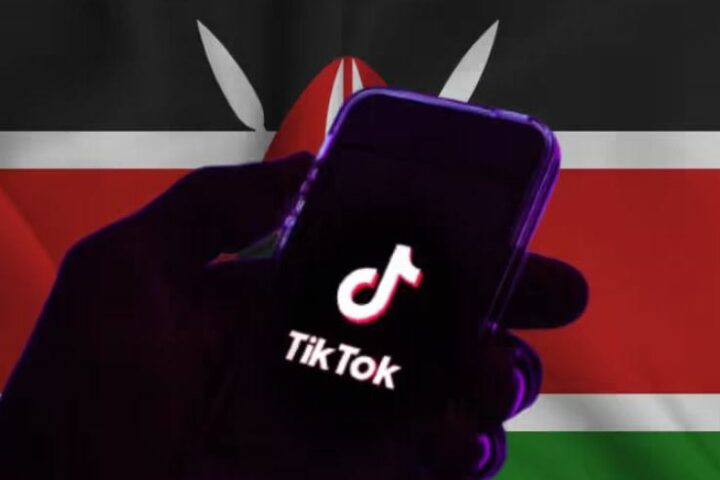
If you are a savvy investor, you have already invested in stocks, bonds, mutual funds, exchange-traded funds, and other investment vehicles.
But, how much do you know about options trading? If you have heard about it in passing or do not know what it is, this explainer article will provide a high-level overview to get you started with this investment option.
What are Options?
An option is a tradable contract you can use to speculate about the future price of a commodity.
When you buy one, you predict whether the price of an underlying asset will be lower or higher than it is now at a future date. Options trading is, therefore, buying and selling options contracts depending on the type you hold.
Options Terminology
To better understand how they work, you should know the different terms associated with them:
- * Strike price – The predetermined or negotiated price.
- * Expiration date – The final date when the trader can exercise their option(s) at the strike price.
- * Premium – The amount paid to purchase an option. It is determined by the price and value of the underlying asset.
- * Call and put options – A call option gives you the right to buy the security, while a put option allows you to sell it.
- * Out-of-the-money and in-the-money – These represent unprofitable and profitable trades, respectively.
Call and Put Options
Calls and puts are the two main types and options that you can trade or invest in.
Once you pay the premium, you buy either of the two options. With a call option, you get the right to purchase the underlying security, while a put option allows you to sell it.
In both instances, you are not obligated to because you can let the contract expire.
There are rules governing when you can exercise your option, depending on whether you have an American or European one.
With an American option, you can exercise calls and put options up to the expiry date. However, you can only exercise European options on the expiration date.
How Call and Put Options Work
Since call options allow you to buy an underlying asset, you profit when the asset’s price is more than the strike price at execution. The reason is that you purchase the asset at a much lower price than the prevailing market rate.
Put options work conversely, where you make money if the asset’s price is less than the strike price when the trade is executed.
You do so because you will sell the option at a higher price than the current asset’s price, pocketing the difference.
Options selling can seem complicated, but it is not. You can learn different option selling techniques for beginners and advanced traders alike to better understand it and the strategies seasoned traders use to remain profitable
Options trading is an excellent avenue to explore if you understand trading and have a few investments.
Once you know its basics, you should educate yourself on more advanced techniques and strategies, such as trading both sell and call options with different expiry dates simultaneously.








